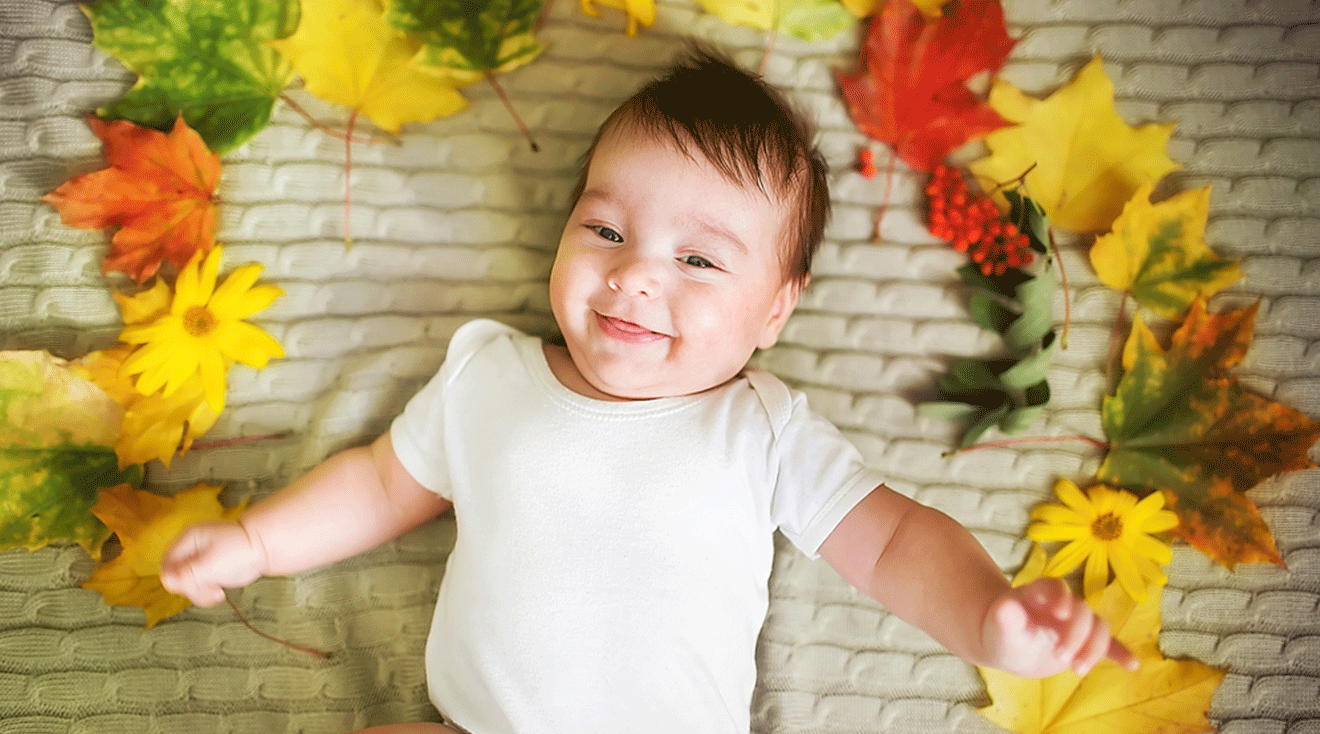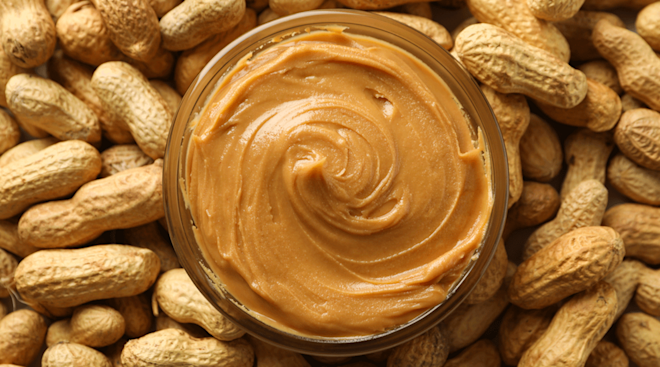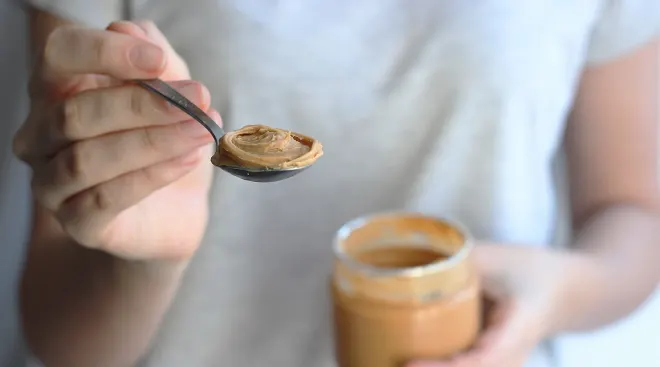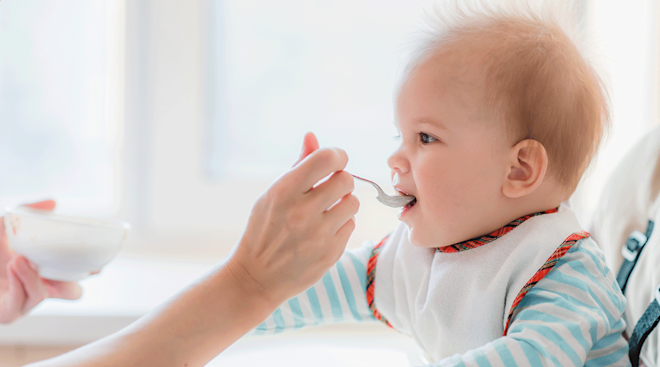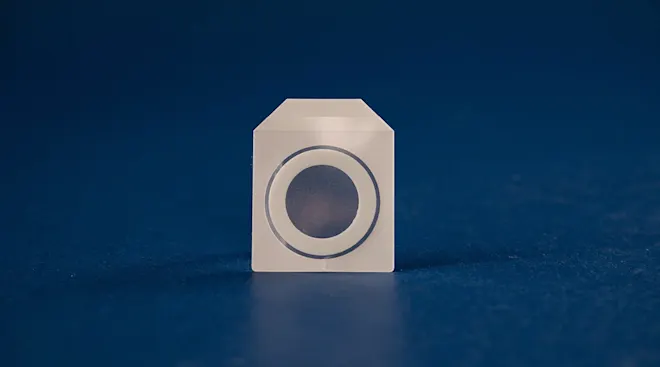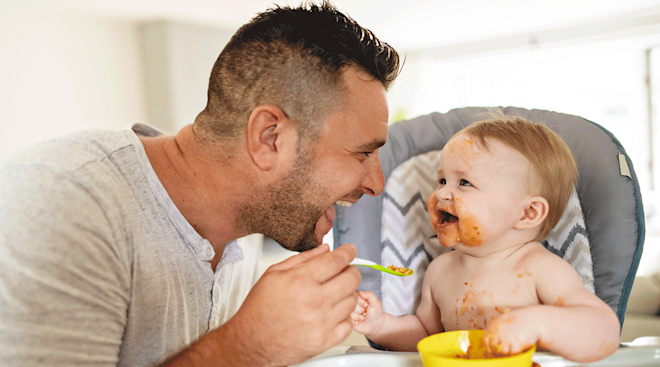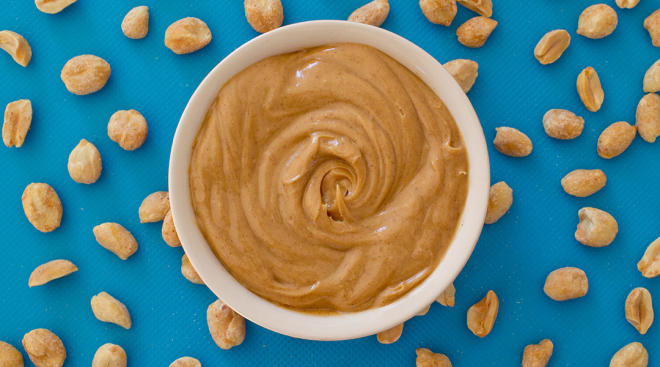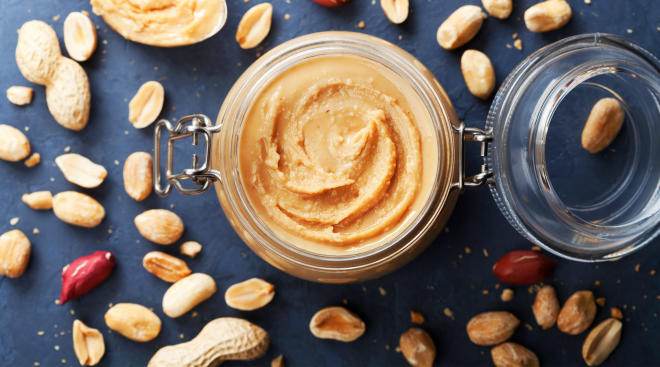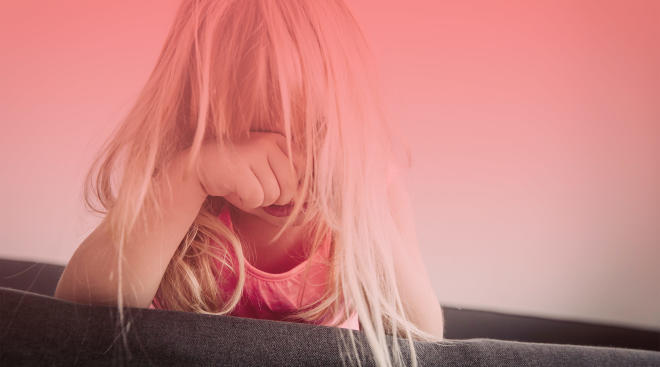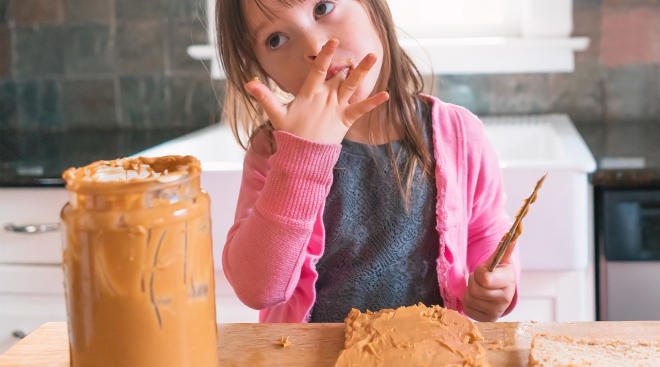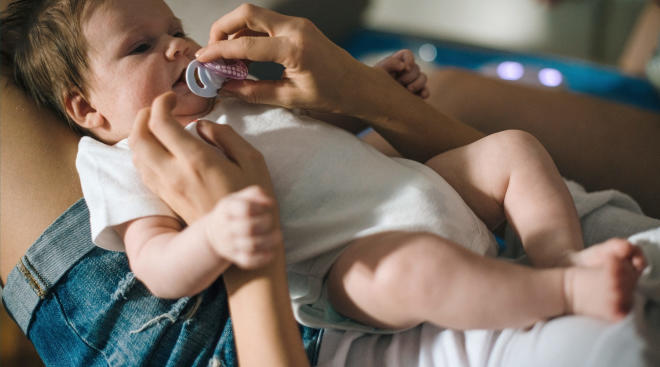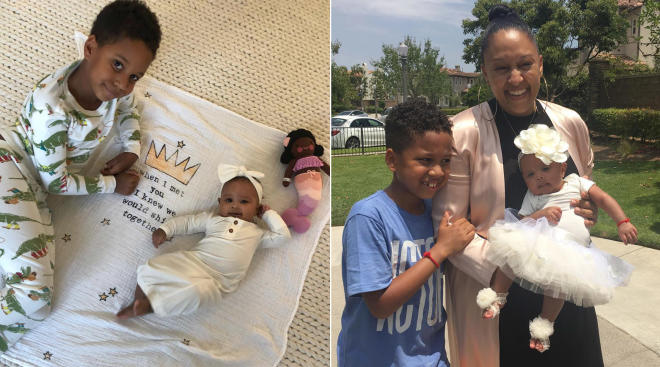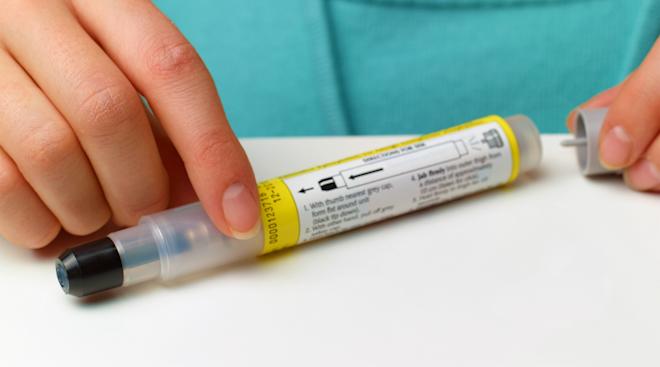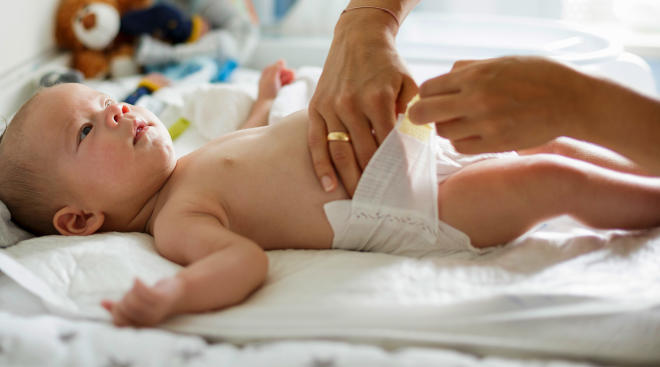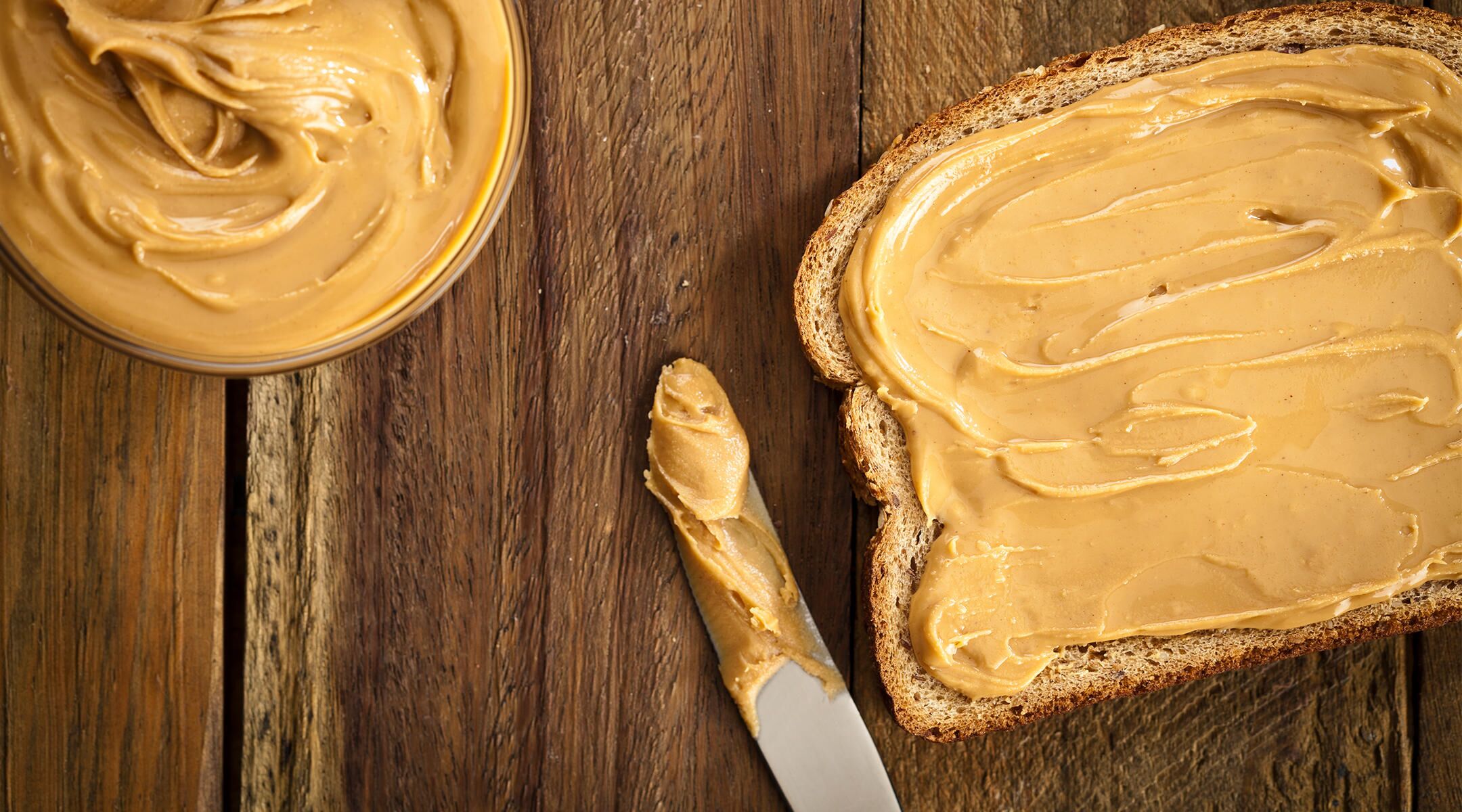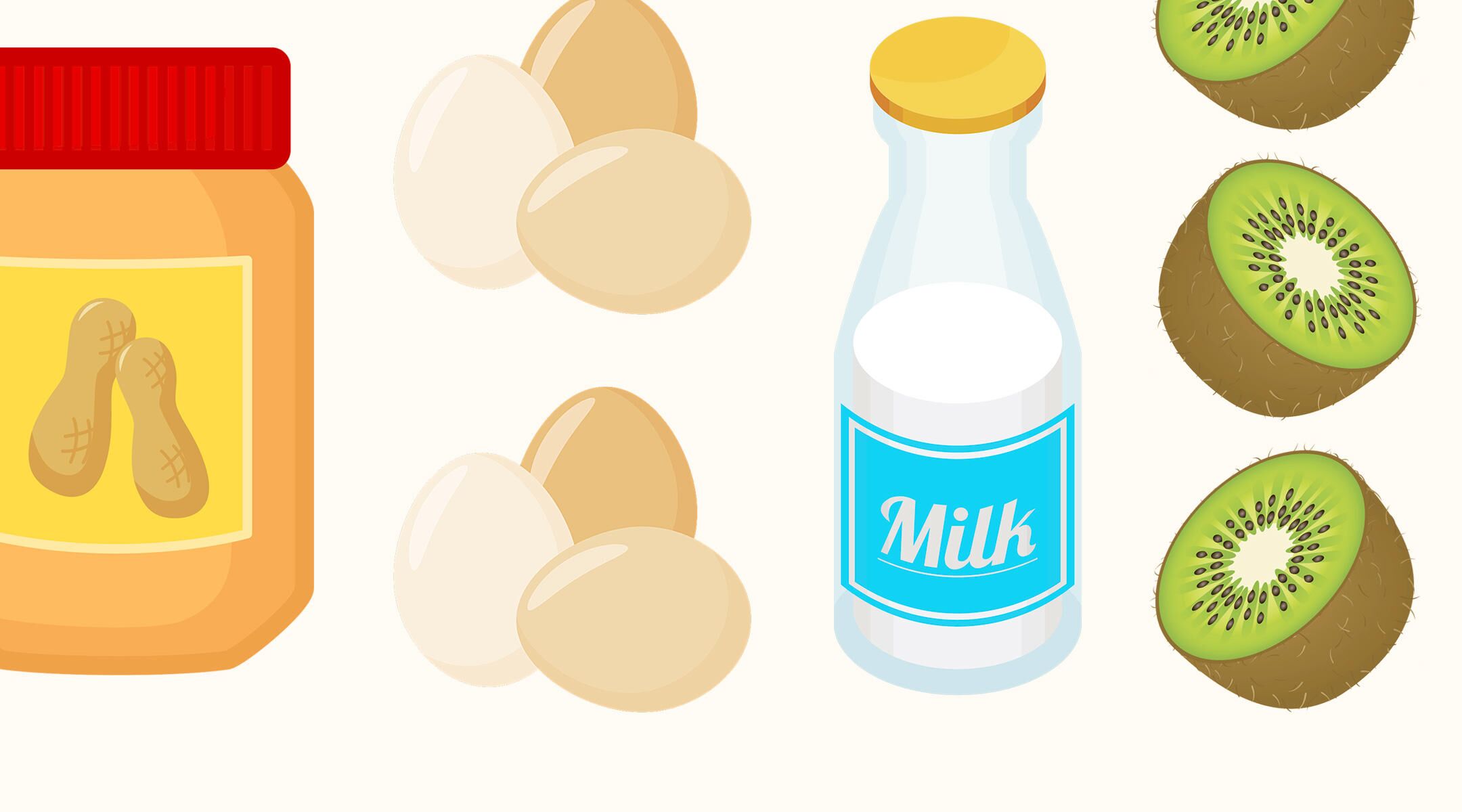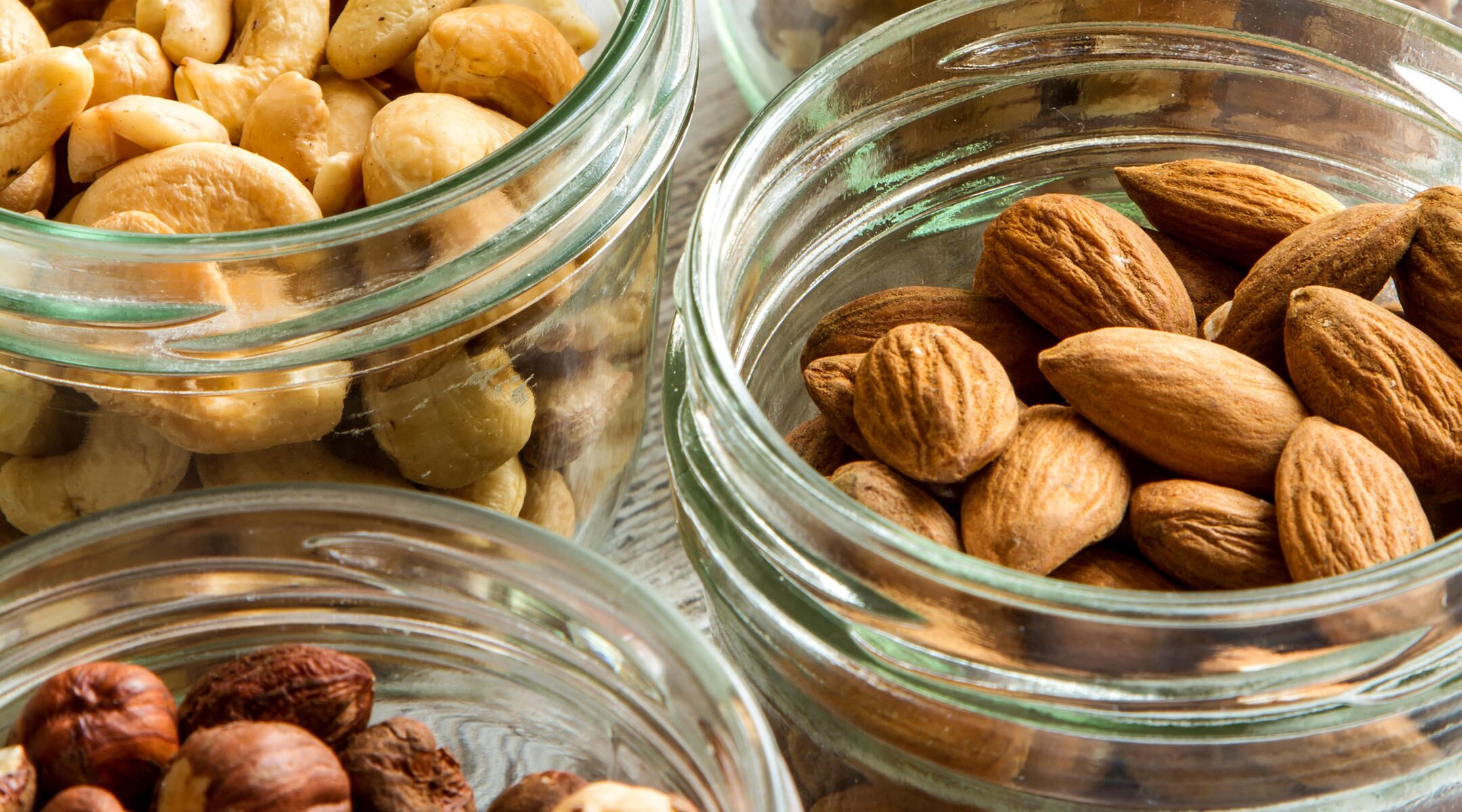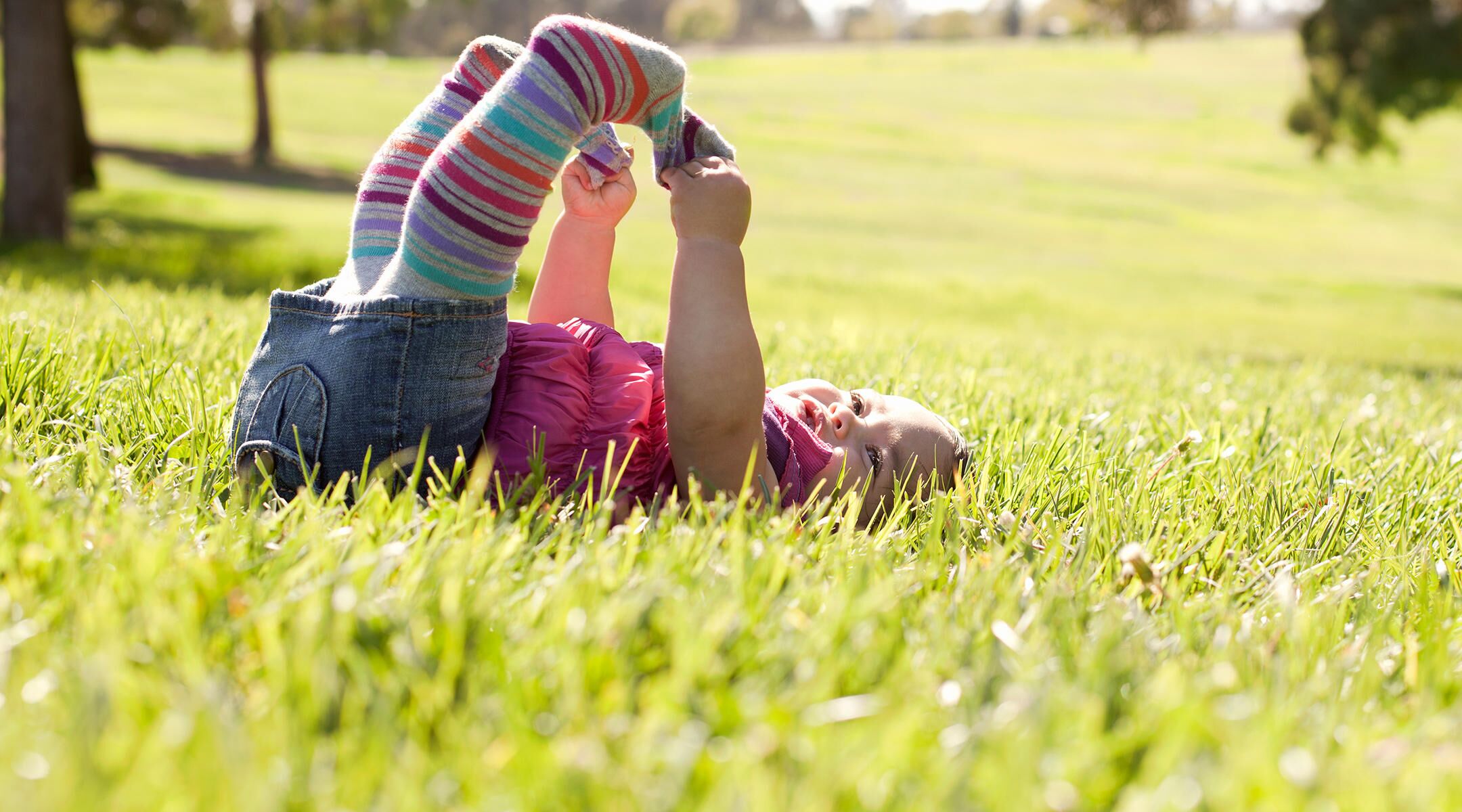Babies Born in the Fall May Be at Higher Risk of Allergic Diseases
According to the findings from a 2020 study, children born during the fall season may be at higher risk for developing allergies.
Over 5 million kids suffer from food allergies, and researchers at National Jewish Health wanted to discover the cause behind the increase. They found that many allergic conditions begin with dry, cracked skin and lead to a chain reaction called the atopic march. In infancy, it starts with eczema and can later lead to food allergies, asthma and hay fever as the child grows, the study says. According to the latest findings, researchers believe the time of year a baby is born may play a role in the risk for developing atopic march.
“We looked at every child treated in our clinic, and those born in the fall were much more likely to experience all of the conditions associated with the atopic march,” Jessica Hui, MD, a pediatrician at National Jewish Health and lead author of the study, said in a news release. “Now we are learning more about why that is and we strongly believe it stems from the bacteria on the skin on how they affect the skin barrier.”
According to the release, kids with eczema have higher levels of staph aureus, a harmful bacteria, on their skin, which weakens the skin’s ability to keep out other allergens.
“When food particles are able to penetrate the skin rather than being digested, the body sees them as foreign and creates antibodies against them, which causes the child to become allergic,” Dr. Hui said. “We think if we can intervene at a very young age, even right after the baby’s out of the womb, then potentially that’s a way for us to try to stop the development of this atopic march,” Dr. Hui said.
The researchers are currently looking into what factors could contribute to this weakness, including environmental factors, genetics, medications taken, products used in the home and more. They hope to not only discover why babies born in the fall are at a higher risk for allergies, but also solutions to help stop the atopic march.
Please note: The Bump and the materials and information it contains are not intended to, and do not constitute, medical or other health advice or diagnosis and should not be used as such. You should always consult with a qualified physician or health professional about your specific circumstances.
Navigate forward to interact with the calendar and select a date. Press the question mark key to get the keyboard shortcuts for changing dates.

































